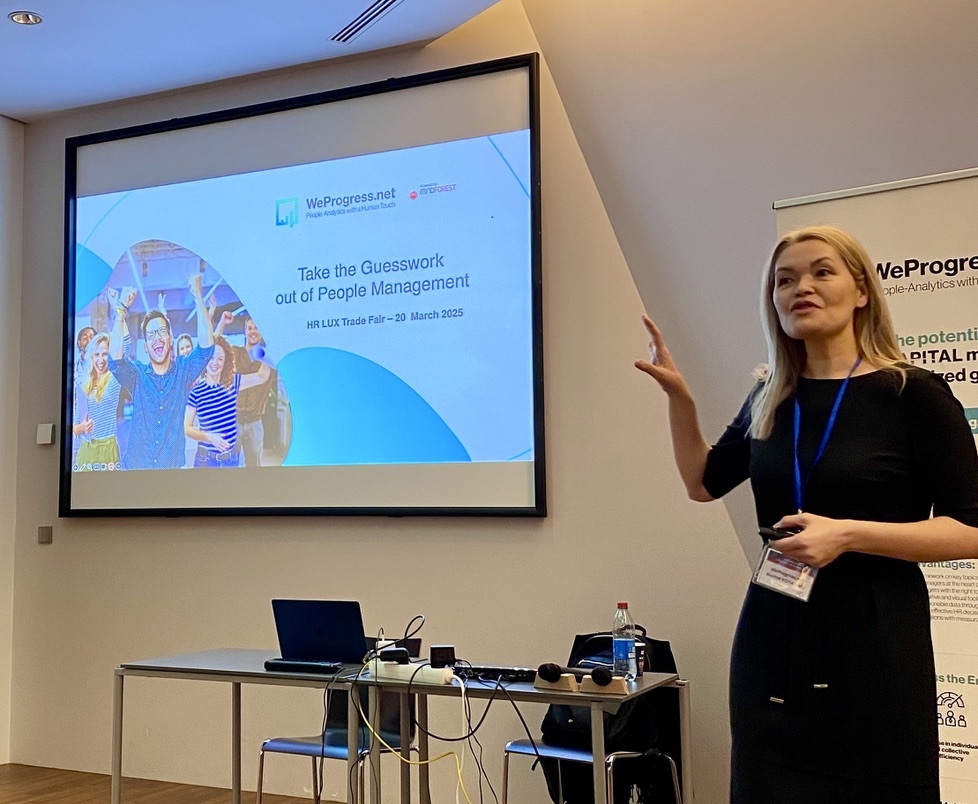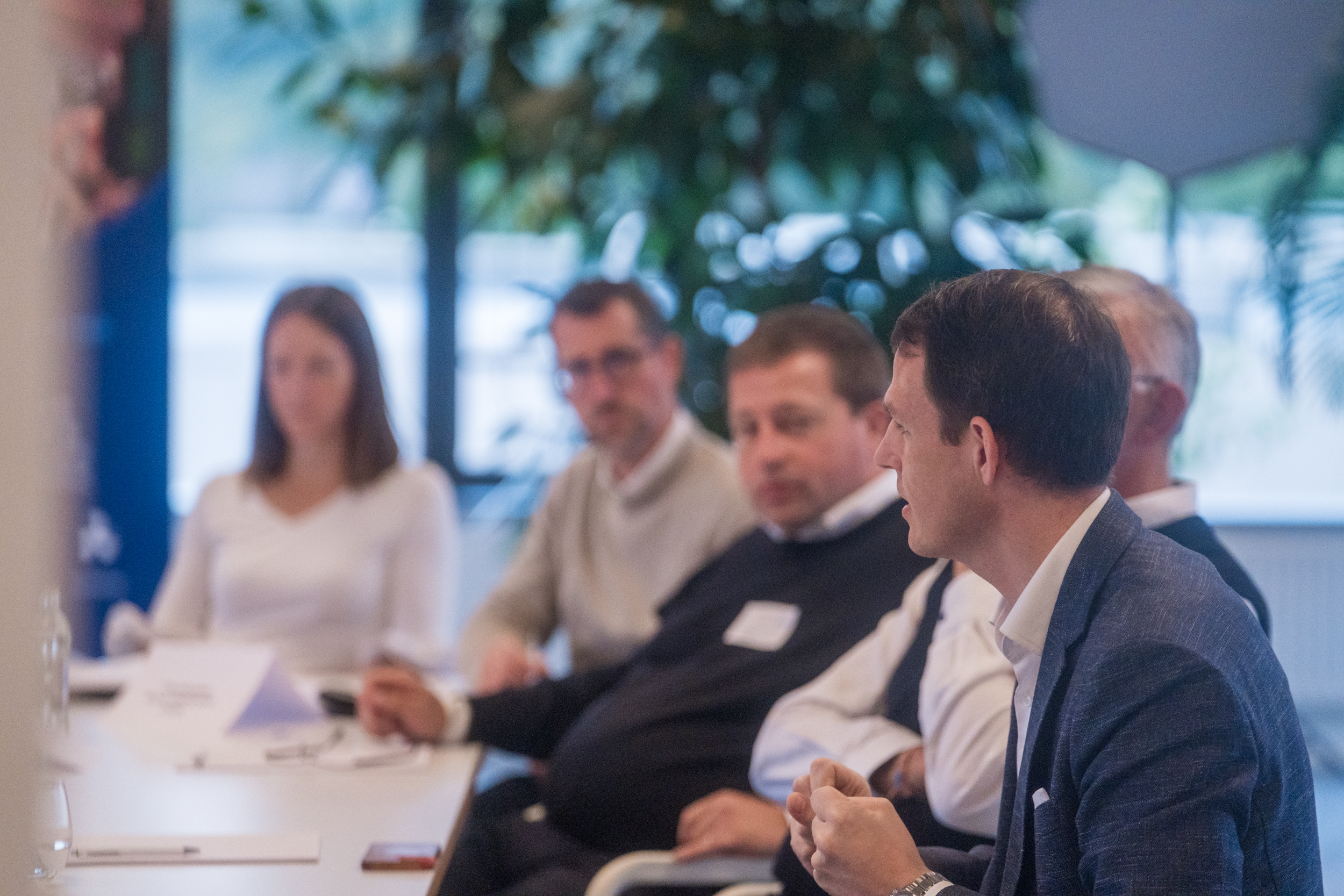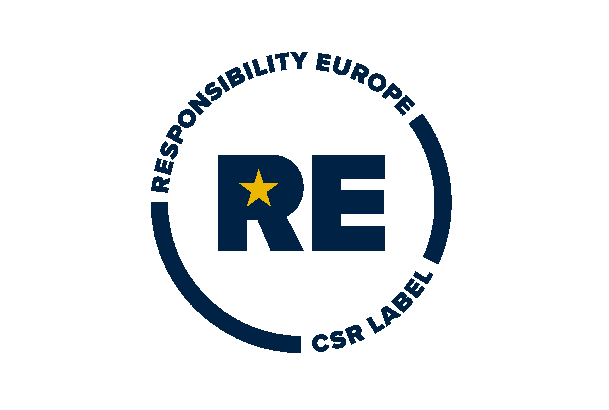Does your company give you the right to make mistakes: discover the “No Blame Culture”
Complexity of the world of work and error management
Nowadays, each of us is overburdened. Regardless of whether we are referring to our private or professional lives, we are all subjected to a continuous flow of stimuli that constitute an enormous amount of information. In the world of work, this is compounded by the exponential complexity and speed of the information we have to process.
In addition, our tendency to work in silos and our difficulties in communicating the right messages, at the right times, to the right people, lead us to make mistakes.
"The natural tendency in organisations is to focus directly on the mistake or the person who made it. In doing so, they assess the impact of the mistake and identify possible sanctions for those involved"
Anaïs Masson, Change management consultant
This approach, which has been tried and tested over the years, seems logical to us because it reflects the principle of meritocracy, based on rewarding those who demonstrate their successes and achievements, while sanctioning those who make even one(small) mistake.
But is this really the only possible way to deal with mistakes? Despite the irrefutable logic of this approach, it could create certain obstacles and blockages within organisations. These, amplified by existing pressure, could generate fear and stress among employees.
What does error mean to us?
If we go back to our upbringing, since the days when our parents urged us to get the best grades from school to university and reprimanded us when those grades were not good enough, we have been conditioned to experience a feeling of guilt and shame when something does not go according to plan. In the professional world, mistakes can lead an employee to lose confidence in his/her abilities and even go as far as creating a total blockage of opportunities for professional advancement.
However, the perception of error may vary according to culture. In fact, unlike in France, where mistakes are seen as negative and shameful, in Scandinavian and Anglo-Saxon cultures, such as in the United States, mistakes are seen in a more positive light, as a necessary step on the road to success.
But what is the difference between an error, a mistake and a failure?
An error is something which does not conform to the desired outcome or to a defined standard. It is usually unintentional and made in good faith.
A mistake is a conscious and voluntary transgression of existing rules. This presupposes the existence of a frame of reference, of rules to be respected.
A failure is the inability to achieve an objective. However, if the objective has not been clearly defined, there can be no failure.
What should be done about the right to make mistakes?
If it human to err, should it necessarily also be allowed in the professional world? There is some debate on this question, but one thing is certain, prohibiting it completely in organisations would cause a total block of creativity, a lack of innovation and a generation of fear and demotivation among employees.
Needless to say, when it is allowed, it must also be supervised and valued.
One way of achieving this is to establish a “No Blame Culture”.
How to implement a “no blame culture” in an organisation?
For those organisations, which desire to operate differently when mistakes are made by not focusing on finding the culprit, there is an approach called “No Blame Culture”. This consists of 4 fundamental principles:
Following these principles will create a facilitating framework that provides psychological safety, ensures a categorisation of errors and valorises individuals.
It also harmonises the motivations of the group by establishing a common vision and objectives whilst reducing apprehension, mistrust and blockages between staff.
Organisations which adhere to this philosophy can therefore reap the following benefits:
- Increased employee autonomy
- Increased creativity and innovation
- Reduced stress and fear of making mistakes among employees
- Increased employee motivation and commitment
- Rapid evolution of the organisation
- Flexibility and adaptability to market requirements.
Let us advise you
WANT TO RECEIVE OUR LATEST THOUGHT LEADERSHIP CONTENT?
Related posts
 Take the Guesswork out of People Management
Take the Guesswork out of People Management
 From processes to people: achieving quality
From processes to people: achieving quality
 Daring to lead Positive Transformation: What if Positive Emotional Capital was your key to sustainable change?
Daring to lead Positive Transformation: What if Positive Emotional Capital was your key to sustainable change?
 Why hire Change management professionals? We can do it alone!
Why hire Change management professionals? We can do it alone!
 Digital Transformation and Change Management: Lessons shared in an event hosted by Cebi and MindForest
Digital Transformation and Change Management: Lessons shared in an event hosted by Cebi and MindForest



